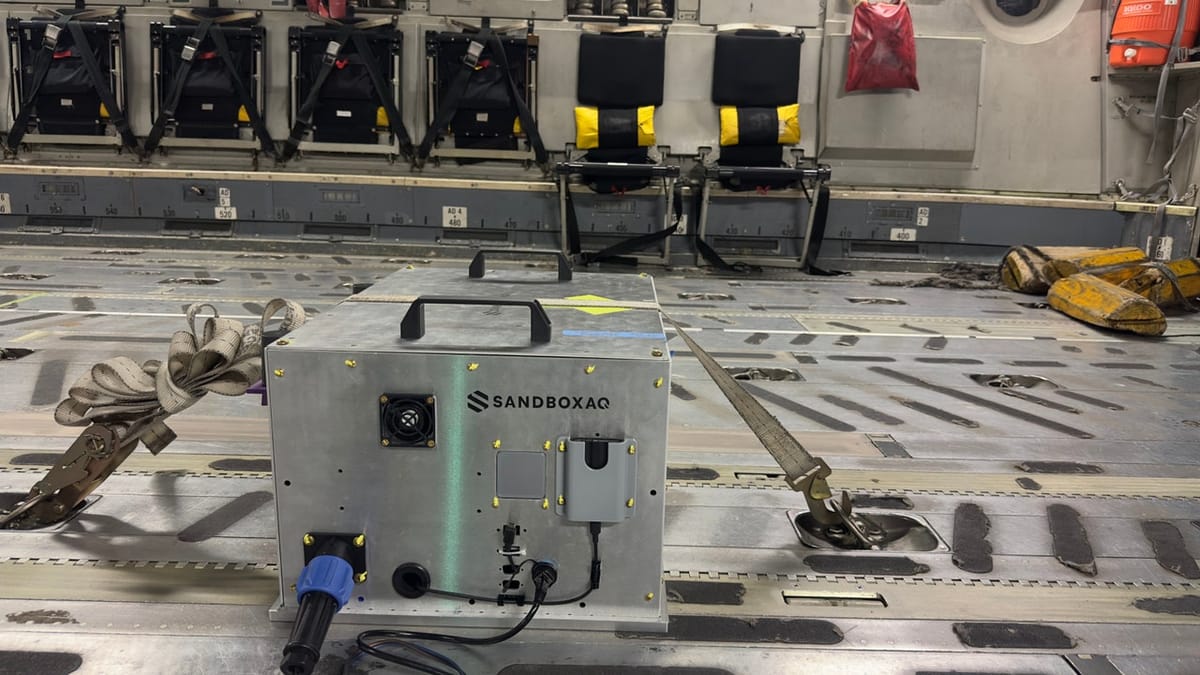Enhancing Navigation: Using Magnetic Fields to Counter GPS Vulnerabilities

High above the Earth's surface, satellite constellations form the backbone of global navigation systems, integral to the functioning of mobile networks, power grids, the internet, and GPS. These satellites, part of the Global Navigation Satellite System (GNSS), are increasingly susceptible to disruptions.
Threats to GPS Integrity
GPS signals are vulnerable to jamming, where they are deliberately overwhelmed by stronger radio signals, as well as spoofing, where false signals mislead navigation systems. Incidents of GPS interference have been reported in regions such as Ukraine, the Middle East, and the South China Sea.
Magnetic Navigation as a Solution
Recognizing these vulnerabilities, SandboxAQ, a startup, is exploring the use of artificial intelligence coupled with magnetic navigation technology, known as MagNav. "Our technology does not replace [GNSS], but can enrich existing navigation systems to improve safety and serve as an alternative primary navigation source in case of GPS outages," explains Luca Ferrara, General Manager of SandboxAQ's navigation department.

The AQNav hardware. Photograph: SandboxAQ
Technology Behind AQNav
AQNav relies on cutting-edge quantum magnetometers, which can detect minute changes in magnetic fields by measuring subatomic particles. These devices help create a detailed map of Earth's magnetic field, searching for unique magnetic fingerprints within the crust.
Artificial intelligence plays a crucial role by comparing these magnetic readings against known maps to accurately determine an aircraft's position. It also works to eliminate interference from the aircraft itself, accounting for unique signatures caused by its movements and electronic systems.
Real-World Applications and Testing
SandboxAQ's solution has already attracted attention from major players such as the US Air Force, Boeing, and Airbus, all of which have conducted test flights. "Since May 2023, we have deployed and tested many iterations of our hardware and software," says Ferrara. "AQNav has flown hundreds of kilometers on various aircraft types, from small single-engine planes to large military transports, and was tested in real-flight conditions, including two major US Air Force exercises."
Origin of the Concept
The concept behind SandboxAQ originated within Google's parent company, Alphabet, from 2016 to 2022, as part of an initiative to discover applications for AI and quantum technologies being developed at Google's experimental labs.